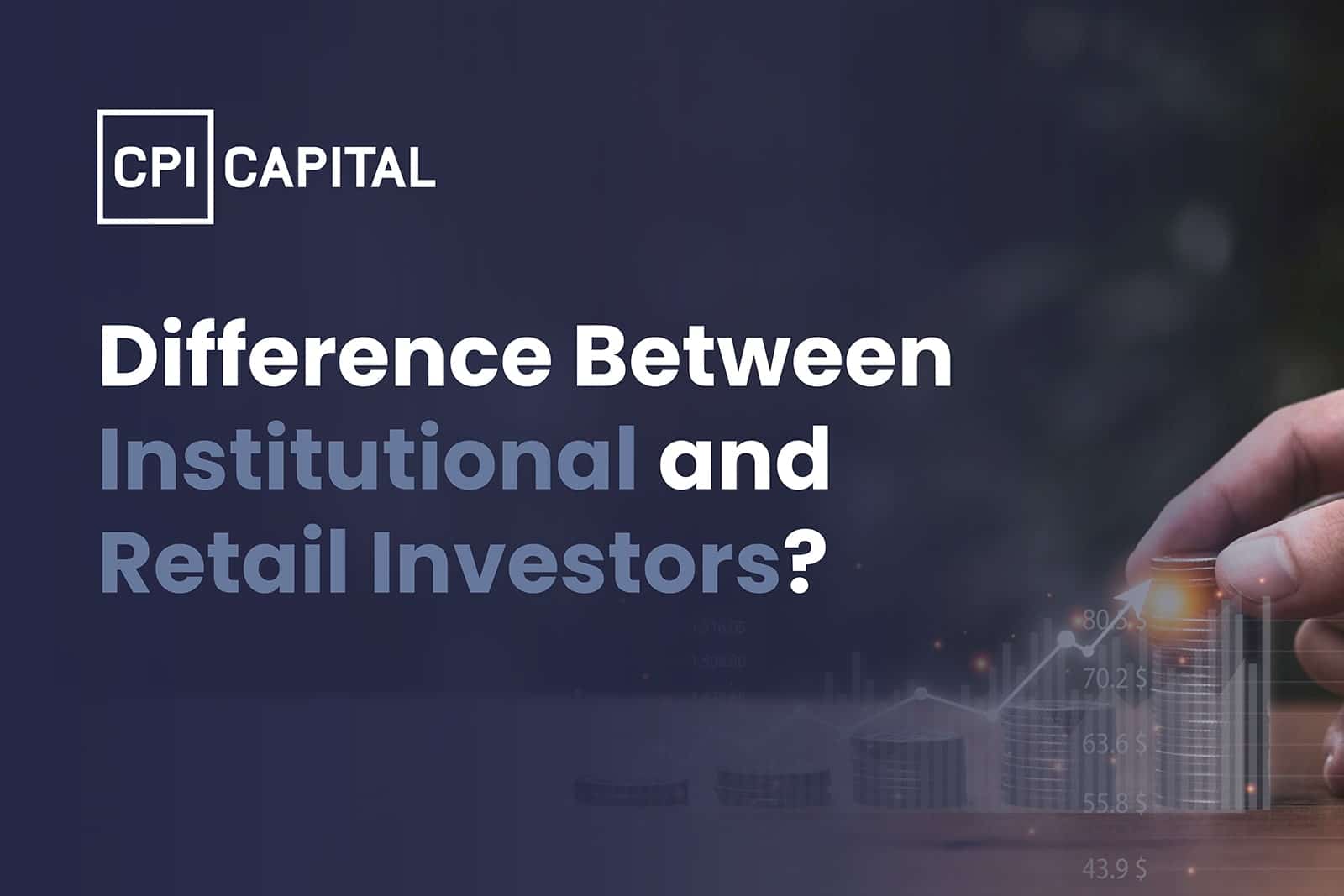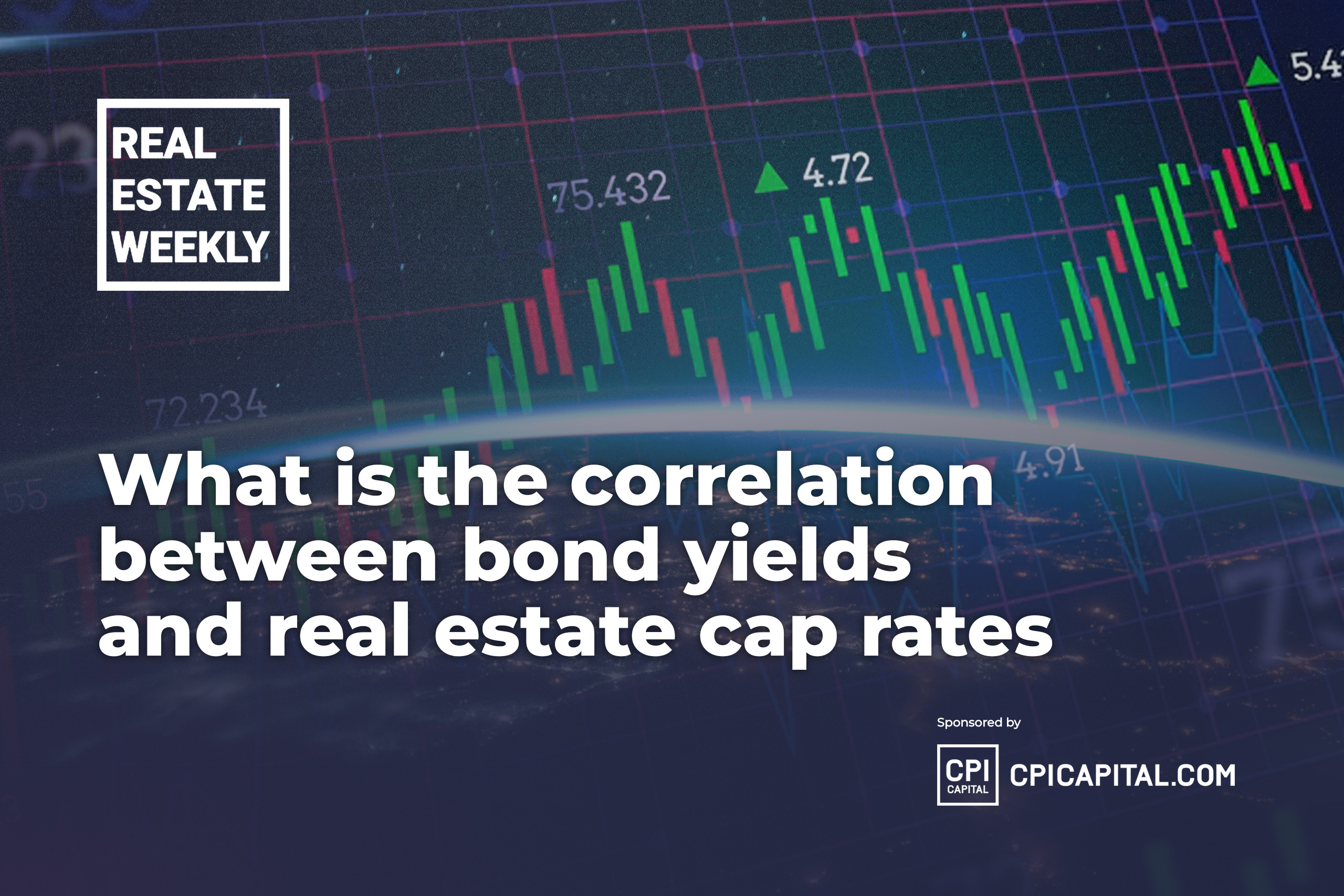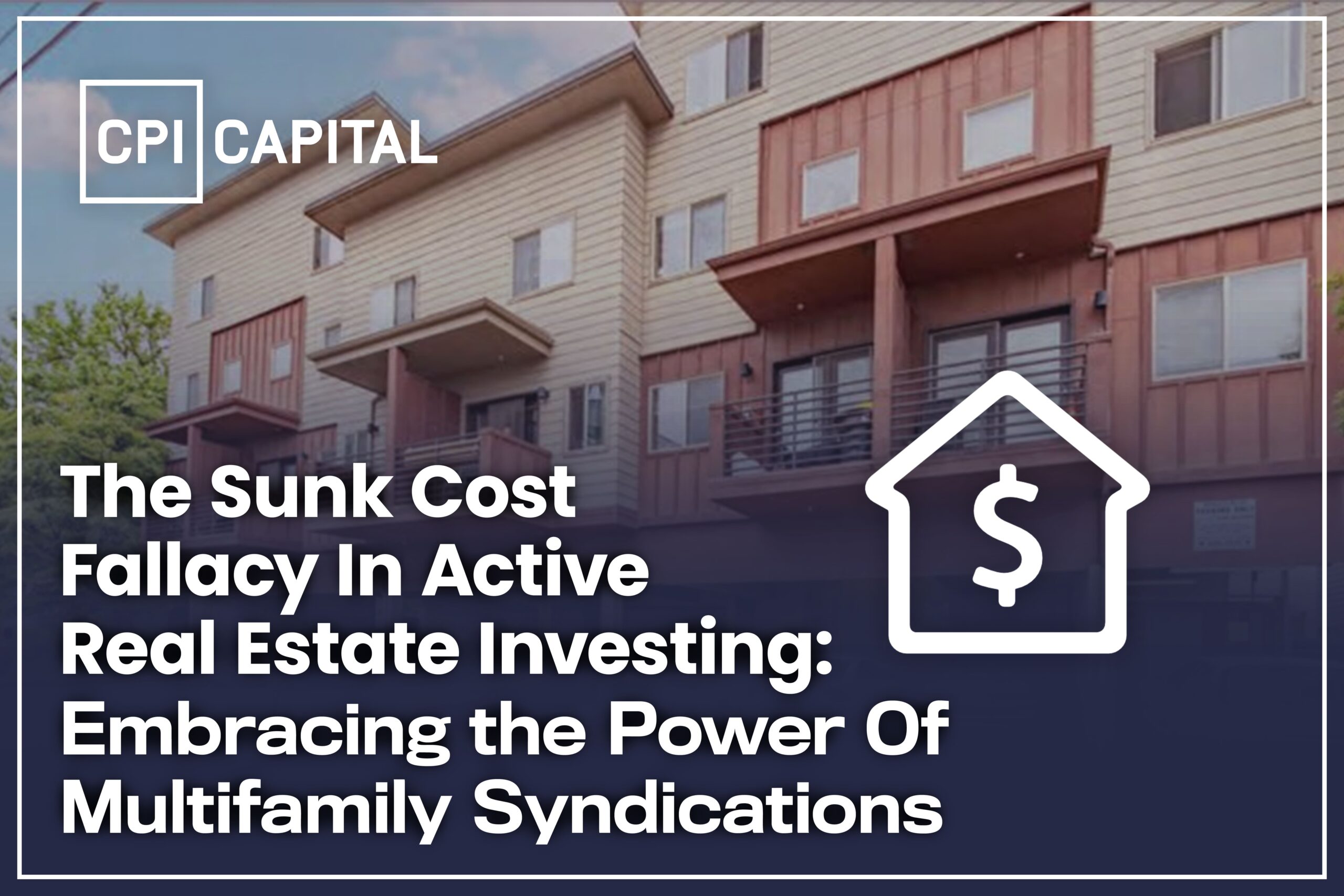
In real estate investing there are not only a wide variety of asset types but also a wide range of investors involved in the industry, with, for example, noticeable differences between retail and institutional investors.
We have discussed previously institutional type assets but what about on the investor side: what do terms such as institutional investors, passive investors, retail investors or non-institutional investors mean?
As with many of the terms used in real estate there is no single definition for most of such terms, but let’s have a look at some of the differences, and types, of non-institutional or retail and institutional investors.
Who or what are Retail or Non-Institutional real estate investors?
Non-institutional – or retail – real estate investors are more often than not individuals or small groups of people investing for themselves rather than on behalf of others. They may be loosely organised or have set up an entity to make the investments
Their ultimate reasons for investment are varied; for example investing to achieve increased wealth and financial stability or simply using the funds to save for a future major expense such as education, a deposit on a new home or for their retirement.
Retail investors usually buy property through a commercial real estate broker, invest in a private equity real estate opportunity or in mutual funds.
Accredited investors or non-accredited investors are also classified as non-institutional investors
What are Institutional Real Estate Investors?
Institutional real estate investors are corporate entities which invest large amounts of funds in real estate on behalf of their shareholders or clients. By necessity, given the large amount of funds they have available and vast purchasing power, they will often only focus on larger deals or property portfolios. This, in turn, means that institutional investors have direct access to investment opportunities which non-institutional investors and the general investing public do not.
As professional investors they will also have superior research and underwriting abilities and, in theory, are more astute than many other investors—hence the tag “smart money investors”. Many such investors are well capitalised and invest for the very long term (say 20 or 30 years), looking for solid, recurrent cash flows and gradual capital appreciation.
Institutional compared with retail or non-institutional investors
There are a couple of main differences between institutional and retail or non-institutional real estate investors:
- scale of investment: institutional investors will usually focus on larger investments or property portfolios (perhaps countrywide), looking at investment opportunities from $10 million up to $100 million ++or more for a single asset). Retails investors will be looking at much smaller assets in $ terms.
- type of assets: institutional investors will primarily be seeking institutional type assets, high quality new or nearly new Class A and Class A+ properties. Depending on their investment objectives retail investors will looking at a variety of opportunities, perhaps selecting those where they can add value or acquire, renovate and sell on quickly.
- holding period: invariably institutional investors will be looking to hold for the long term, whereas retail investors might only be seeking a 3-5 year time horizon.
Retail investors, some benefits
It may seem that institutional investors have certain advantages given their superior purchasing power but, as they may be large entities, there are also some constraints.
Retail investors can, therefore, be said to
- be more agile, with less bureaucracy and short decision making or approval processes.
- have access to a wider variety of commercial real estate investments, of different grades and quality and class types.
- not be constrained by scale and smaller deals may be possible.
- be able to change strategies quicker, maybe ignoring short-term market corrections and decide to invest for the long term.
- enjoy greater market liquidity both when buying and selling; ie there will always be suitable properties to buy and plenty of buyers for good smaller assets.
- be able to hold uninvested cash whilst they wait for investment opportunities, whereas institutions need to keep fully invested.
- be able to invest passively and leave all of the problems and issues to the primary investor or GP.
- have more flexibility to focus on commercial real estate property types which perform through all economic cycles, including lesser-known asset types such as data centres and self-storage.
- have a stronger personal interest in their investments.
Institutional Investors, different types
Just as there are various type of retail investors, there are a wide variety on institutional type investors and these include:
Private Equity Funds: involving private equity investors who invest as either active or passive investors in medium to large scale projects in, say, multi-family housing accommodation, with a view to enhancing the asset, enjoying some cash flow and then selling to secure a capital profit.
Mutual Funds: in fact, both institutional and retail investors can purchase shares in a mutual fund. Portfolios may consist of not only properties but equities such as stocks, fixed-income instruments like bonds, and money market funds.
Mutual funds generate income for investors through periodic dividend distributions, and, hopefully, capital gains when shares of the mutual fund are sold by the investor. A wide range of investment strategies can apply and some mutual funds are geared toward value investing, others towards growth or income investing.
Pension Funds: use savings accumulated for retirees in order to provide them with an income for the retiree. They are often highly diversified investing in major property assets, and looking for long term income and capital growth. These pension funds control a large amount of capital will monies from state and federal government retirement programmes including Social Security and the military.
Hedge Funds: pool capital from accredited retail and institutional investors and aim to generate above-market returns for investors. Hedge funds are often considered a more risky investment opportunity because they undertake leveraged investing or short-selling or buy/sell derivatives which all have the potential to increase profits.
Banks: commercial banks are also institutional investors and some of the largest real estate investors in the world. They may invest on behalf of clients or invest their own financial assets in an attempt to increase their profitability.
Insurance Funds: similar to pension funds, insurance funds reinvest insurance premiums in stable income-producing assets such as institutional-grade commercial real estate.
Endowment Funds: are used to invest funds allocated to or raised by non-profit and charitable institutions such as hospitals or universities. Investments are made into income-producing assets such as equities, bonds, and commercial real estate, usually in accordance with the will of its founders and/or donors.
Whilst institutional investors and non-institutional or retail investors may differ in the scale and type of property investment asset sought, both seek to generate income from investing in commercial real estate—and both expect to be able to enjoy capital appreciation upon disposition.
CPI Capital knows there are differences between retail and institutional investors and there are clearly pros and cons of each type of investor. However, for a passive investor who wants the security and knowledge that their investment is in the hands of professionals who can better judge real estate cycles opt to align themselves through REPE investing with an institutional type investor.
Yours sincerely
August Biniaz
CSO, COO, Co-Founder CPI Capital

Ready to build true wealth for your family?
It all starts with passive income. Apply to join the CPI Capital Investor Club.
Search
Recommended

What is the Correlation Between Bond Yields and Real Estate Cap Rates?
Dear valued existing investors and future investors, Welcome to CPI Capital's regular news...

The Sunk Cost Fallacy In Active Real Estate Investing: Embracing The Power of Multifamily Syndications
Dear valued existing investors and future investors, Welcome to this week's CPI Capital's news...

Key Metrics Every Multifamily Investor Needs to Know
Dear valued existing investors and future investors, Welcome once again to this week’s CPI...


